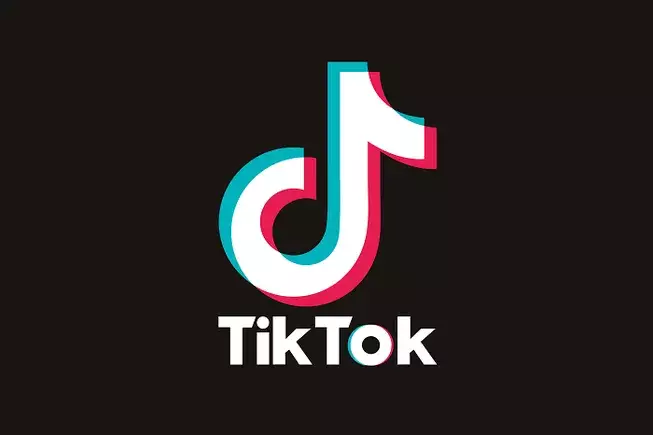As the TikTok saga unfolds, it represents more than just a social media app—it encapsulates a clash of national identity, security, and globalization. Recently, U.S. Vice President J.D. Vance has taken the reins of negotiations concerning TikTok’s future in America, suggesting that a resolution could be nearing before the critical April 4th deadline. The stakes are high, not only for hundreds of millions of American users but also for the perception of U.S.-China relations. TikTok, owned by Chinese company ByteDance, has become the battleground for a regulatory storm that questions what it means to ensure national security in a digitally interconnected world.
On January 19th, the enactment of the “Protecting Americans from Foreign Adversary Controlled Applications Act” intensified the scrutiny on platforms like TikTok. This legislation mandates that TikTok must transition to a U.S. entity to allay fears surrounding data privacy and cybersecurity. Failing this, the popular app would face expulsion from the American market, a move that would have dire ramifications for both users and businesses reliant on the platform.
Negotiation Dynamics and National Security
What complicates this negotiation is the persistent narrative suggesting that the app poses a menace to American national security. The Trump administration initially pushed for a ban on TikTok, labelling it a conduit for Chinese espionage—an accusation that has come under scrutiny without public evidence to substantiate such claims. Nevertheless, the escalation of this rhetoric has created an environment where negotiations are fraught with tension. Vance’s comments reflect an encouraging approach, as he has indicated that a high-level agreement could potentially satisfy U.S. national security concerns while allowing TikTok to thrive under an American umbrella.
In a world where technology transcends borders, the prospect of U.S.-based operations for TikTok could symbolize a controlled engagement with a foreign entity. This adds layers to our understanding of digital sovereignty—how nations protect their interests without outright isolationism.
The Partnership Possibility: Oracle’s Role
A focal point in the unfolding narrative is Oracle, suggested as a prime candidate to acquire TikTok’s U.S. operations. The company’s established relationship with ByteDance through Project Texas—an initiative aimed at segregating American user data from its Chinese servers—positions Oracle as a pragmatic choice in this unfolding drama.
This scenario illustrates how intertwined our global economy is and raises critical questions: What compromises can and should be made to address national concerns while preserving the benefits of international digital connectivity? The idea that a company like Oracle could play a pivotal role in pacifying apprehensions about data vulnerability underscores an important shift in how we view technology partnerships as diplomatic tools.
Public Sentiment and Apprehensions
Despite these hopeful signs, public sentiment remains tepid. Many users, influencers, and businesses have expressed alarm at the potential loss of TikTok, viewing it not just as a loss of a platform, but also a loss of the cultural exchange, creativity, and community it has fostered. Yet, as the government’s position reveals, this sentiment is counterbalanced by significant concerns regarding data security and the implications for national sovereignty.
The conflicting narratives about the progress of negotiations exacerbate confusion. While some reports hint at a promising resolution, others leave room for doubt. Users find themselves in limbo, anxiously awaiting clarity on a platform that has radically transformed social media interaction and marketing strategies.
The Broader Picture: A Digital Conundrum
Ultimately, the TikTok negotiations illuminate a broader discourse surrounding technology, governance, and international relations. As concerns about data privacy intensify and geopolitical tensions grow, the way we navigate platforms like TikTok could redefine our understanding of digital belonging and the fabric of online communities.
Navigating this intricate web of international relationships will require finesse, transparency, and perhaps most importantly, a willingness to embrace new frameworks for cooperation. The fate of TikTok is not just about safeguarding a social media platform; it’s a litmus test for how America might manage its digital future in an increasingly interconnected world. The question remains: can we forge partnerships that honor both our national integrity and the collaborative spirit of the digital age?


Leave a Reply